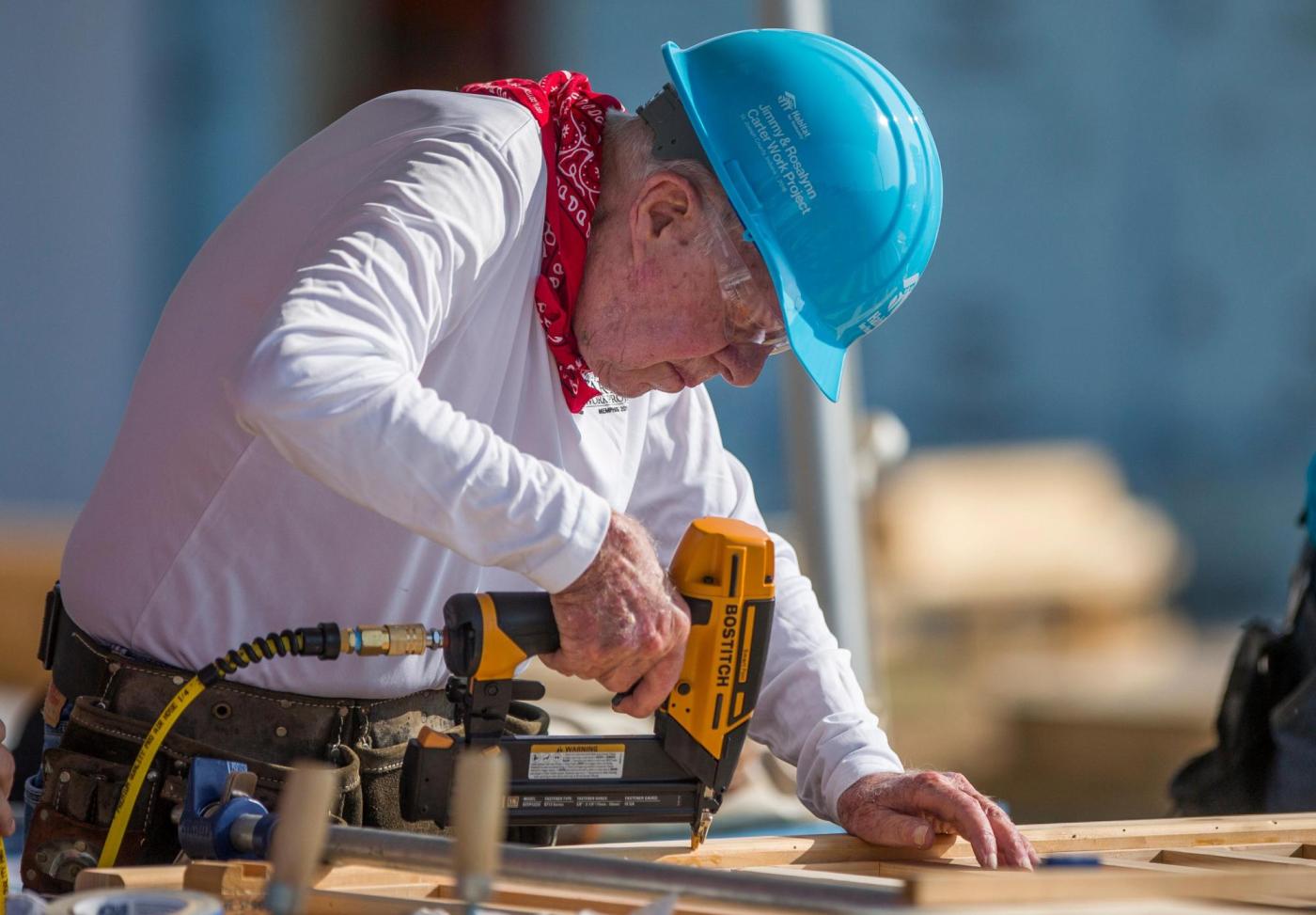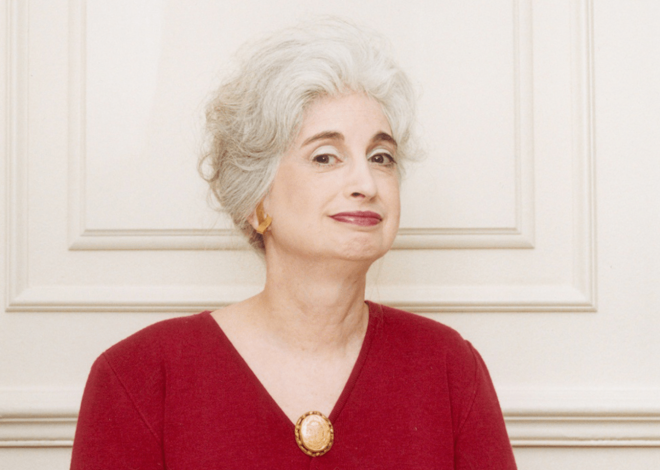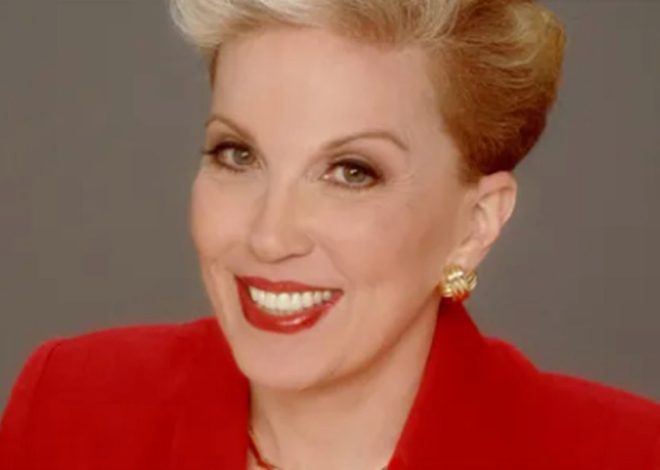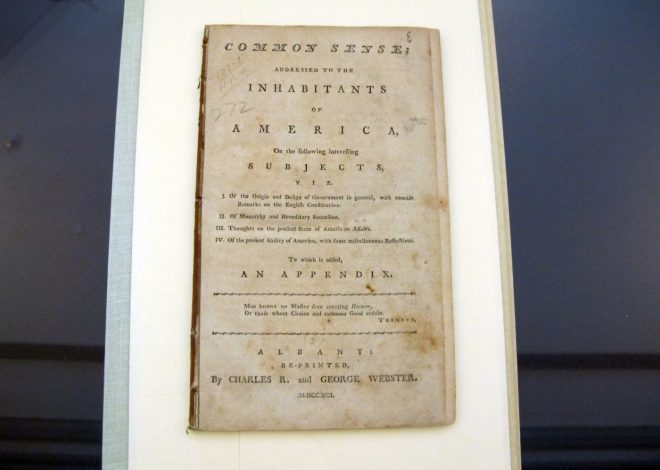
Jimmy Carter turns 100: His long legacy of giving highlighted with celebrations
By THALIA BEATY and GLENN GAMBOA
A benefit concert and the construction of 30 new homes are among the many events marking President Jimmy Carter ‘s 100th birthday on Oct. 1. Considering the former president’s long legacy as a philanthropist, it’s no surprise that he wants any gift-giving to go to other people.
The star-studded concert at Atlanta’s Fox Theatre earlier in September raised money to support the international programs of The Carter Center, which Jimmy and Rosalynn Carter founded in 1982 with the mission to “ wage peace, fight disease, and build hope.” The concert airs on Georgia Public Broadcasting on Oct. 1.
Meanwhile, thousands of Habitat for Humanity volunteers gathered Monday to build 30 homes in St. Paul, Minnesota, over five days, led by country music giants Garth Brooks and Trisha Yearwood, who worked alongside the Carters for years, beginning with projects in Hurricane Katrina’s disaster area.
The Carters’ relationship with Habitat for Humanity stretches back 40 years, to when the couple went to New York City on a build in 1984.
“The image of a president of the United States sleeping in a church basement and physically helping rehab a tenement building captured the world,” said Jonathan Reckford, CEO of Habitat for Humanity International. The Carters went on to build homes annually for 35 years. Carter repeatedly said that working with the organization was a way he put his Christian faith into action, Reckford recalled.
Cleora Taylor, a medical assistant, met the Carters in August 2018 when they helped build 41 new homes in South Bend and Mishawaka, Indiana.
Years later, Taylor recalled how the former president greeted her by name and knew about her children, including her daughter, who was 11 at the time and has autism.
“It means so much to me that he knew me,” said Taylor, speaking from her living room in the home The Carters helped her build, on a street named Carter Court. “He’s just such a good, welcoming, humble guy. I’m just glad to be a part of a legacy that he’s leaving behind.”
Presidential historian Cassandra Newby-Alexander, professor of Virginia Black history and culture at Norfolk State University, said the strength of Carter’s legacy is in his morality. Unlike many who claim to care about the disadvantaged, Carter has shown that they — and not power or money — are his main concern, Newby-Alexander said.
“I think he has probably done more personally in his post-presidency than anyone else because he’s not out there looking for attention,” she said. “He’s looking to change things. He’s not out there trying to make money for himself. He’s out there trying to live the life of a Christian — a true Christian, one who cares about the poor and the homeless and the children.”
Related Articles
Feds charge NYC mayor with selling his influence to foreign nationals. He says he won’t resign
Kamala Harris seeks boost from Oprah as part of digital-first media strategy
More than half of U.S. voters tell pollsters Taylor Swift’s endorsement will benefit Kamala Harris
Letters: Prop. 5 | Turn the page
Jimmy Carter is almost 100 and ‘still experiencing this world’
While leadership in philanthropy is often gauged by the size of donations or the heft of assets under management, Carter’s giving came in the form of his seemingly ceaseless personal effort. From building homes to monitoring elections and pursuing the elimination of a painful but neglected disease, Carter used his stature and presence to rally resources and attention to his causes.
“In so many ways, he set the standard for how presidents should be in their post-presidency, as someone who is going to continue to do good, someone who’s going to continue to positively impact society,” Newby-Alexander said.
Carter’s legacy of giving back also includes working to eradicate Guinea worm, a commitment The Carter Center has made since 1986. The U.S. Centers for Disease Control and Prevention had identified the disease as a candidate for eradication after smallpox. Carter took up the mantle, vowing to outlive the last such parasite.
“To the demise of the worm” is the catchphrase, according to Dr. Jordan Tappero, deputy director for neglected tropical diseases at the Bill & Melinda Gates Foundation, which has given $263 million to The Carter Center since 2000, mostly to support its work on Guinea worm.
The number of cases has fallen from 3.5 million when the center started to only 13 known cases in humans in 2022, and now focuses on closing the “last mile” of infections in several African countries. Even after Carter entered hospice in February 2023, Tappero said, Carter was still contacting his team.
“He still wants updates and wants to know what’s going on because his mind will never stop until the last heartbeat,” Tappero said, speaking in March 2023.
Carter engaged directly with health ministries and heads of state to muster their commitment to public health interventions, said Steven M. Hilton of the Conrad N. Hilton Foundation. Since 1991, the foundation said it has committed nearly $50 million to The Carter Center for eradicating Guinea worm and to support its work treating and controlling trachoma, a disease that can cause irreversible blindness.
Hilton considers Carter to be “a remarkable man with a deeply compassionate heart.”
“I feel fortunate to have witnessed firsthand the strength of his character, including his dedication to seeing enormous humanitarian challenges through to the end,” Hilton said in a statement.
Tappero draws inspiration from the Carters’ humility, energy and dedication. “If we all had one-fifth of his energy, commitment and passion,” he said, “the world would be a much better place.”
Taylor, who lives near South Bend, Indiana, said she saw that commitment firsthand as Carter, 93 at the time, helped her put up a kitchen wall in her four-bedroom home.
“It was just so amazing that he still was out here, outside at that age, working with us,” she said. “It made us want to work harder.”
She still gets emotional thinking about that week, an incredible opportunity for her and her four kids.
“Not only did I get to meet Jimmy Carter and his wife and his children and hundreds of volunteers, other celebrities, I get to own a piece of the world. I get to own a piece of land,” she said.
“I never thought that I would be able to do something like that, being a single mother. And for them to have to put so much into it, the volunteers and for Jimmy Carter to actually be here? It was amazing for people to care like he cares.”
Associated Press coverage of philanthropy and nonprofits receives support through the AP’s collaboration with The Conversation US, with funding from Lilly Endowment Inc. The AP is solely responsible for this content. For all of AP’s philanthropy coverage, visit https://apnews.com/hub/philanthropy.


